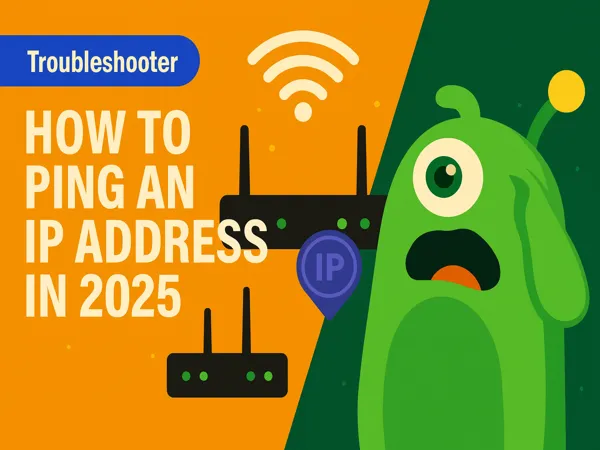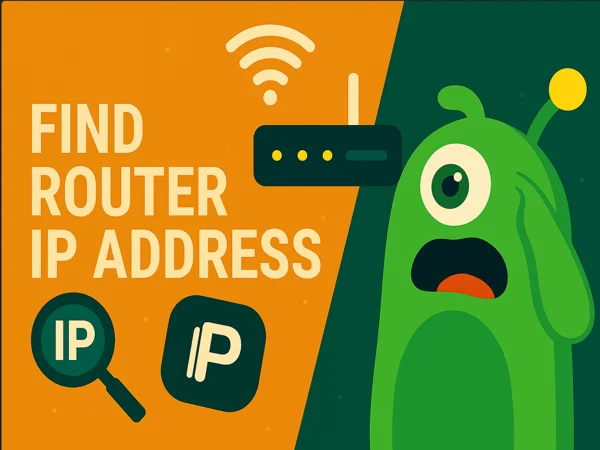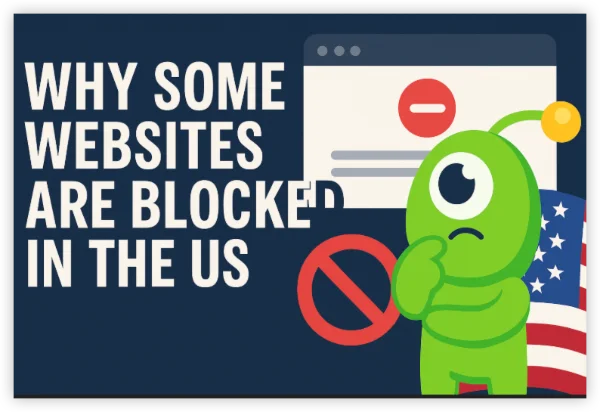What is an IP Stresser?
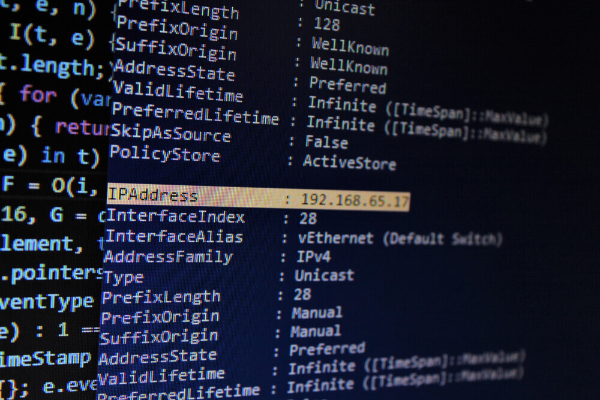
An IP stresser is a tool designed for testing the ability of a network or server to handle large amounts of traffic. It simulates a DDoS attack, which is a type of cyberattack aimed at overwhelming a server with excessive traffic to make it unresponsive or slow down. While IP stressers are typically used by network administrators to assess their systems’ resilience before a traffic spike, they can also be misused.
-
Purpose of Stress Testing: The main goal of an IP stresser is to measure how well servers or networks can handle a flood of traffic. For example, financial institutions or e-commerce companies often use stress tests before peak periods to ensure their systems won’t crash during heavy traffic.
-
Common Use Cases: Many industries, including gaming, telecommunications, and government organizations, use IP stressers to evaluate the capacity of their networks to ensure that public services or gaming servers remain operational even during high demand.
While IP stressers are intended for legitimate use, they can become a tool for cybercriminals when misused.
What is an IP Booter?

An IP booter is the malicious counterpart to an IP stresser. Instead of testing a system's resilience, an IP booter is used to launch a DDoS attack against a target system. Unlike IP stressers, which are often used for legitimate purposes, IP booters are employed by hackers to cause damage, disrupt services, or extort money from victims.
-
How IP Booters Work: An IP booter is often marketed as a service that allows users to perform DDoS attacks on others, usually for a fee. The attacker can choose from various packages for one-time or multiple attacks. These tools are often disguised as legitimate services, offering tutorials or email support to make them appear harmless.
-
Techniques Used by Booters: Malicious actors behind IP booters use proxy servers to mask their identity and location, ensuring their attacks are harder to trace. Additionally, they may use reflection attacks, where the attacker fakes the victim’s IP address and sends malicious traffic through legitimate servers, ultimately overwhelming the target.
Unlike IP stressers, which are typically used to test a system’s strength, IP booters are used to damage or disrupt systems and networks for malicious purposes.
The Risks of Using IP Booters

While IP stressers are used for legitimate testing, the risks associated with IP booters are significant. These tools are typically used by cybercriminals to cause damage, disrupt services, and target organizations or individuals.
1. Network Disruptions
IP booters can cause significant damage by disrupting essential services, such as online banking, government websites, and gaming servers. These attacks can result in hours or even days of downtime, affecting the reputation and functionality of the targeted system.
2. Financial Loss
In some cases, cybercriminals use IP booters for ransomware attacks, demanding money to stop the DDoS attacks. If a victim doesn't comply, the attacks may continue, leading to significant financial losses due to service disruptions or damaged infrastructure.
3. Legal Consequences
Using an IP booter for DDoS attacks is illegal in many countries, including the United States and the European Union. Involvement in cyberattacks can lead to severe legal penalties, including fines and imprisonment.
How to Protect Your Network from DDoS Attacks

DDoS attacks, including those initiated by IP booters, are a serious threat to any network. Fortunately, there are several ways to protect your network and mitigate the risks associated with these attacks.
1. Use a free proxy VPN in UFO VPN for Added Protection
Using UFO VPN can provide additional protection for your device or network. Here’s how UFO VPN helps:
-
Encryption: UFO VPN encrypts your internet connection, making it more difficult for attackers to intercept or exploit your data during a DDoS attack.
-
IP Masking: With UFO VPN, your IP address is masked, making it harder for attackers to identify your real IP address and launch an attack.
-
Bypass Geo-Restrictions: If you're located in an area with high DDoS activity, UFO VPN allows you to access websites and services securely from different regions, reducing your exposure to localized threats.
🩵4 Steps to Protect Your Internet Security🩵
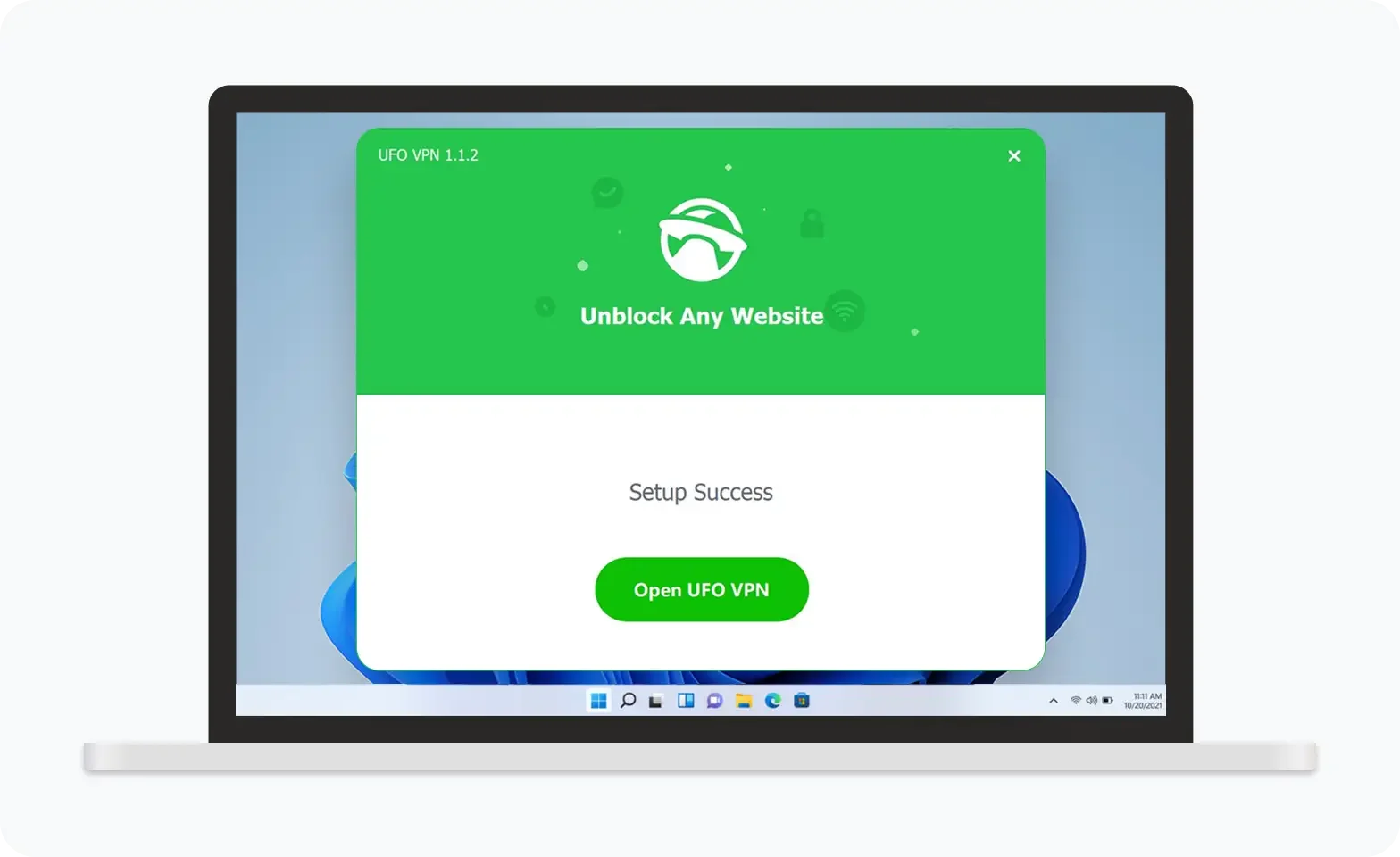
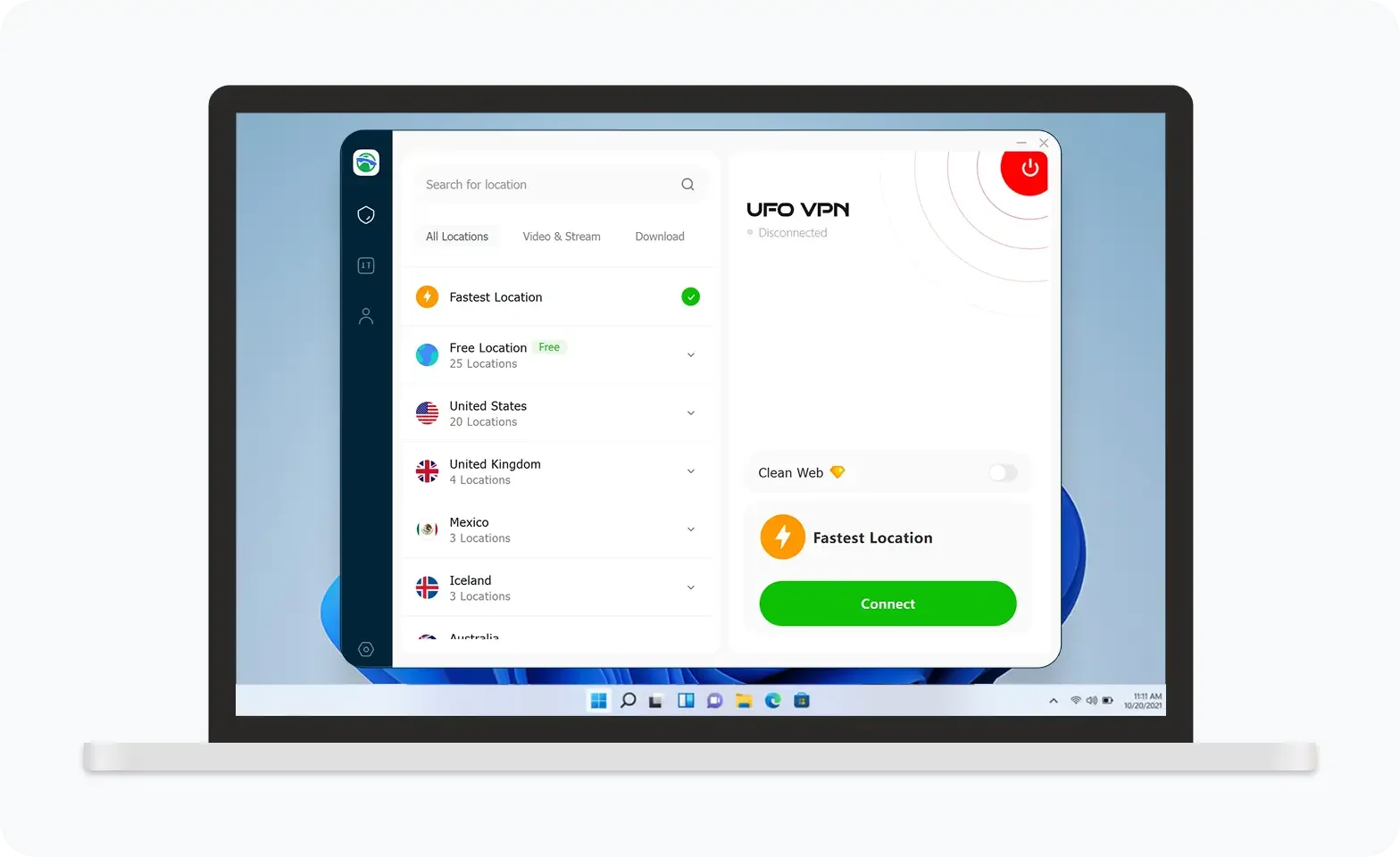
UFO VPN is an all-in-one VPN that offers unlimited access to 4D streaming like Netlfix, Disney Plus, no-ping gaming as PUBG, Roblox, CODM and social networking for YouTube, X, Facebook and more.
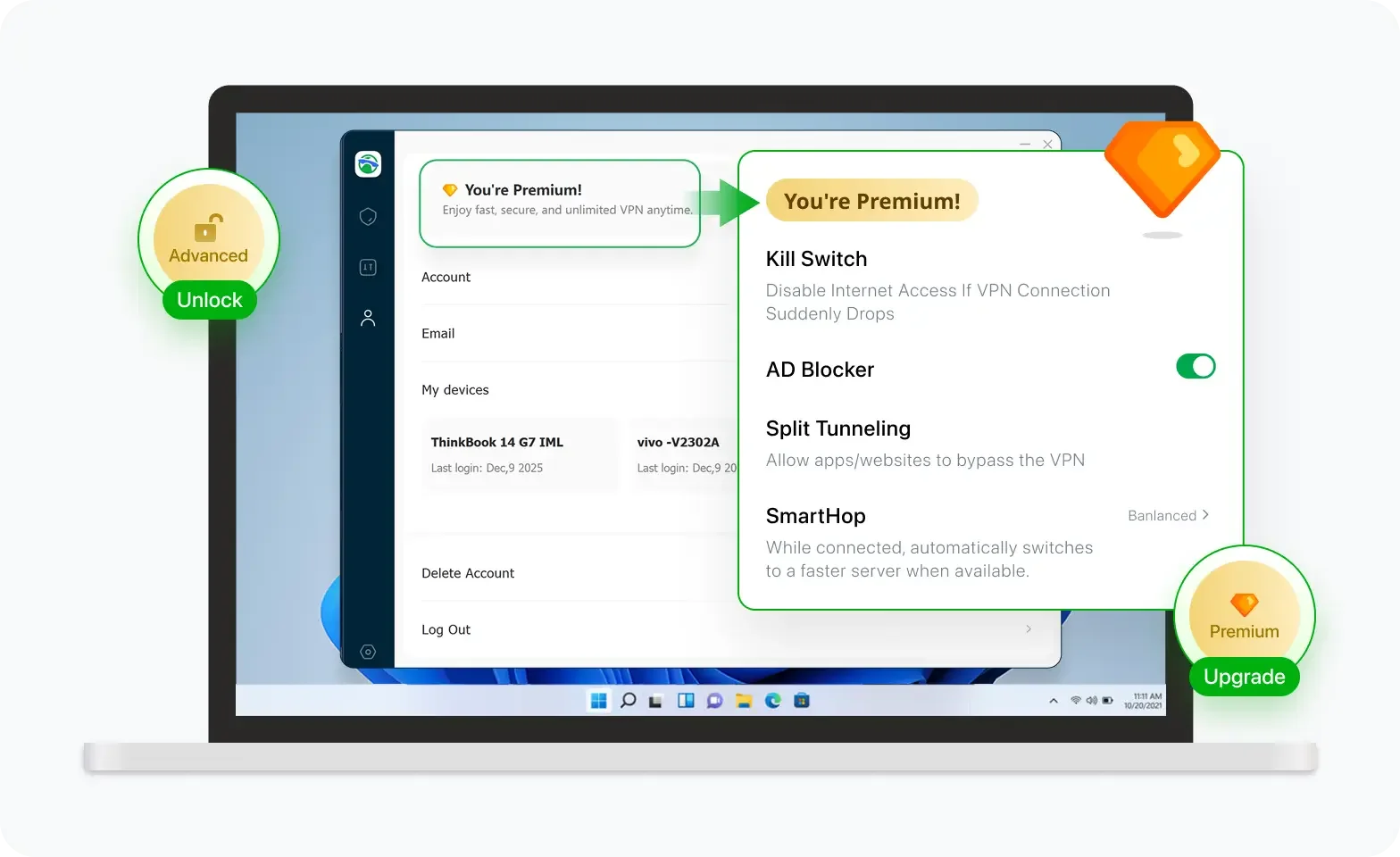
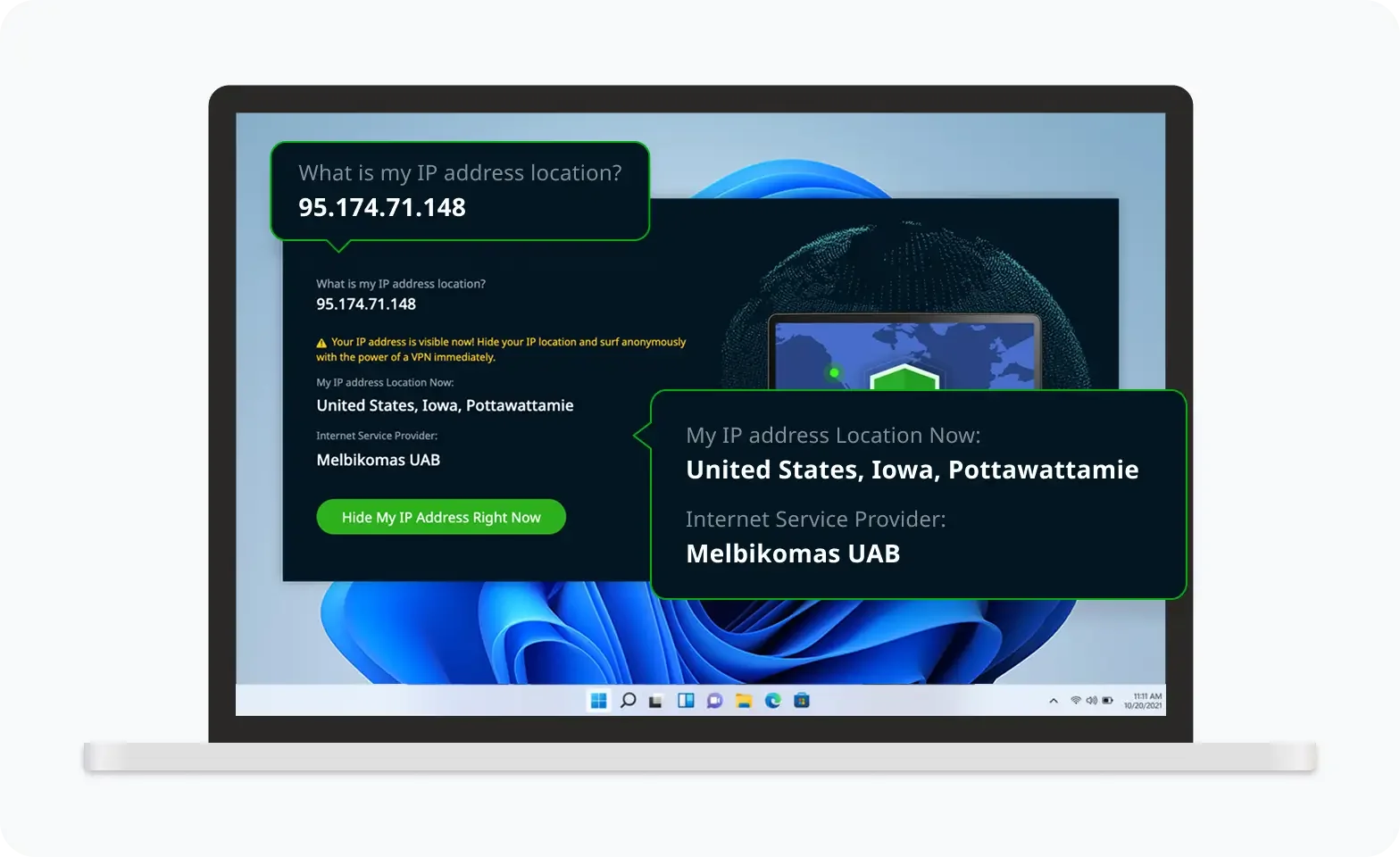
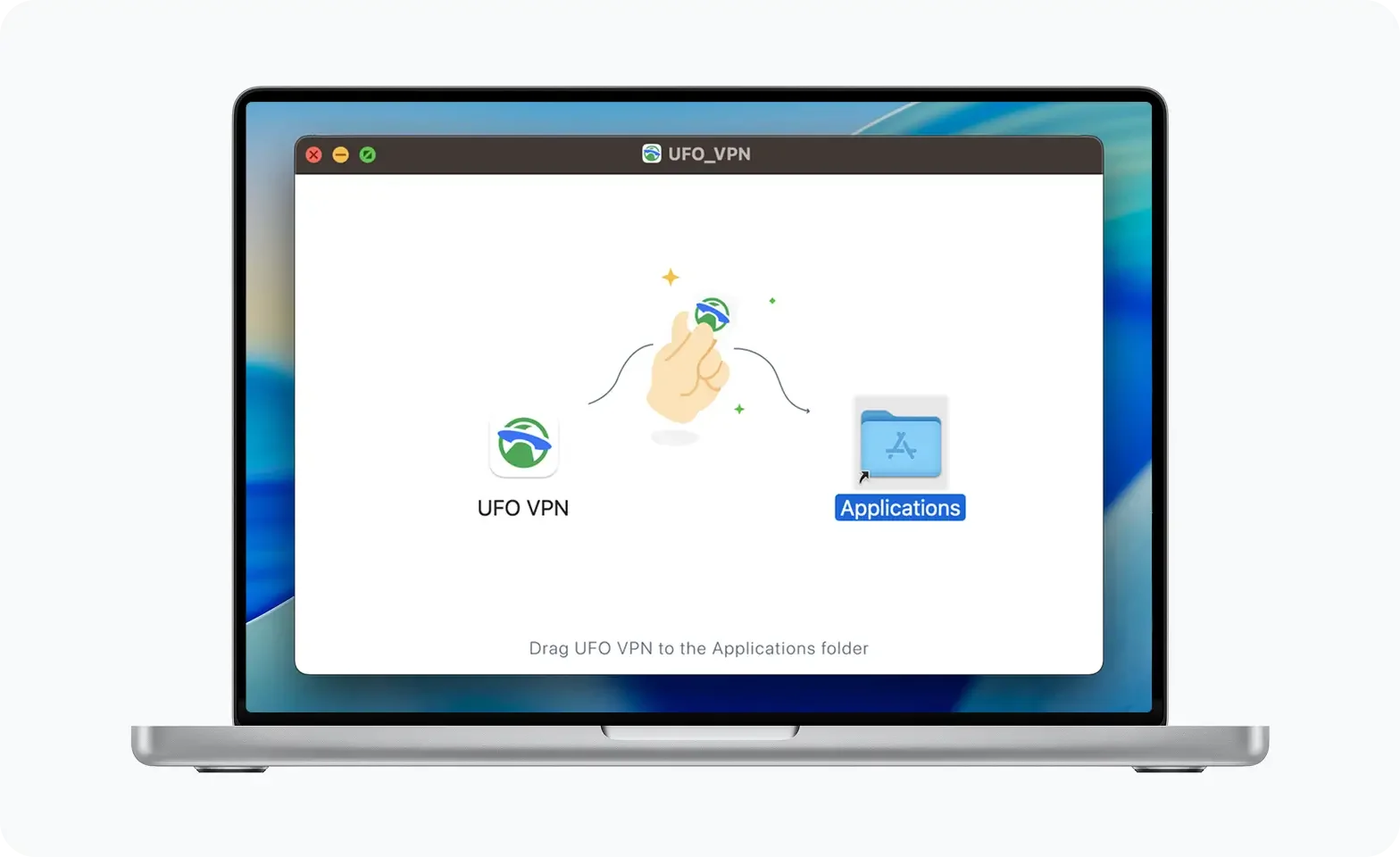
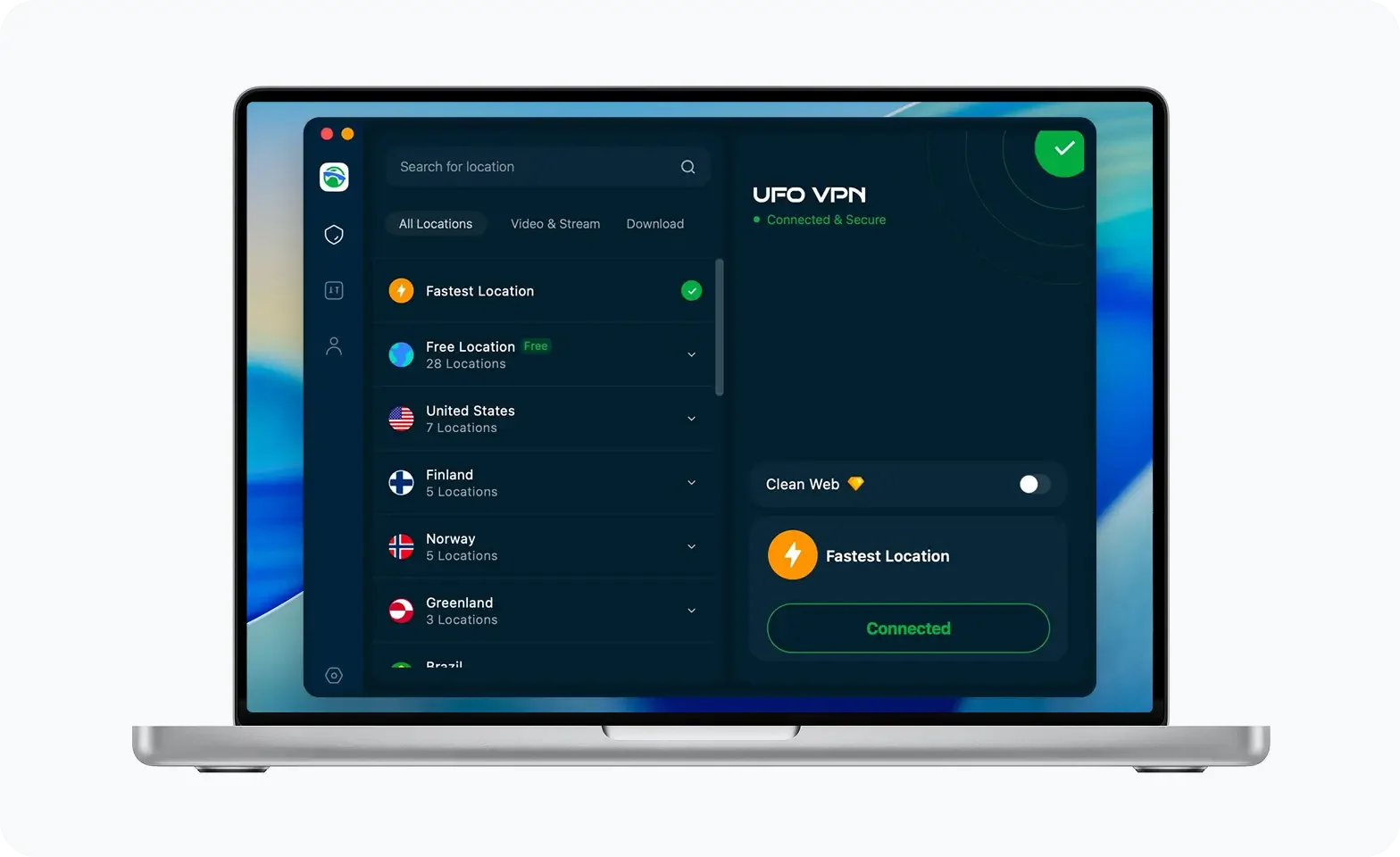
Unlock Pro Features
If you have upgraded to premium plan , feel free to enjoy premium servers for 4K streaming and advanced features like Kill Switch, Split Tunneling, and gaming acceleration. Your Mac is now fully optimized and protected. Inaddition to basic functions, we recommend you turn on

Verify Your IP Now
Use UFO VPN's " What is My IP " feature to see your new IP and location. This confirms your connection is secure, anonymous, and ready for safe browsing online anywhere at any time.

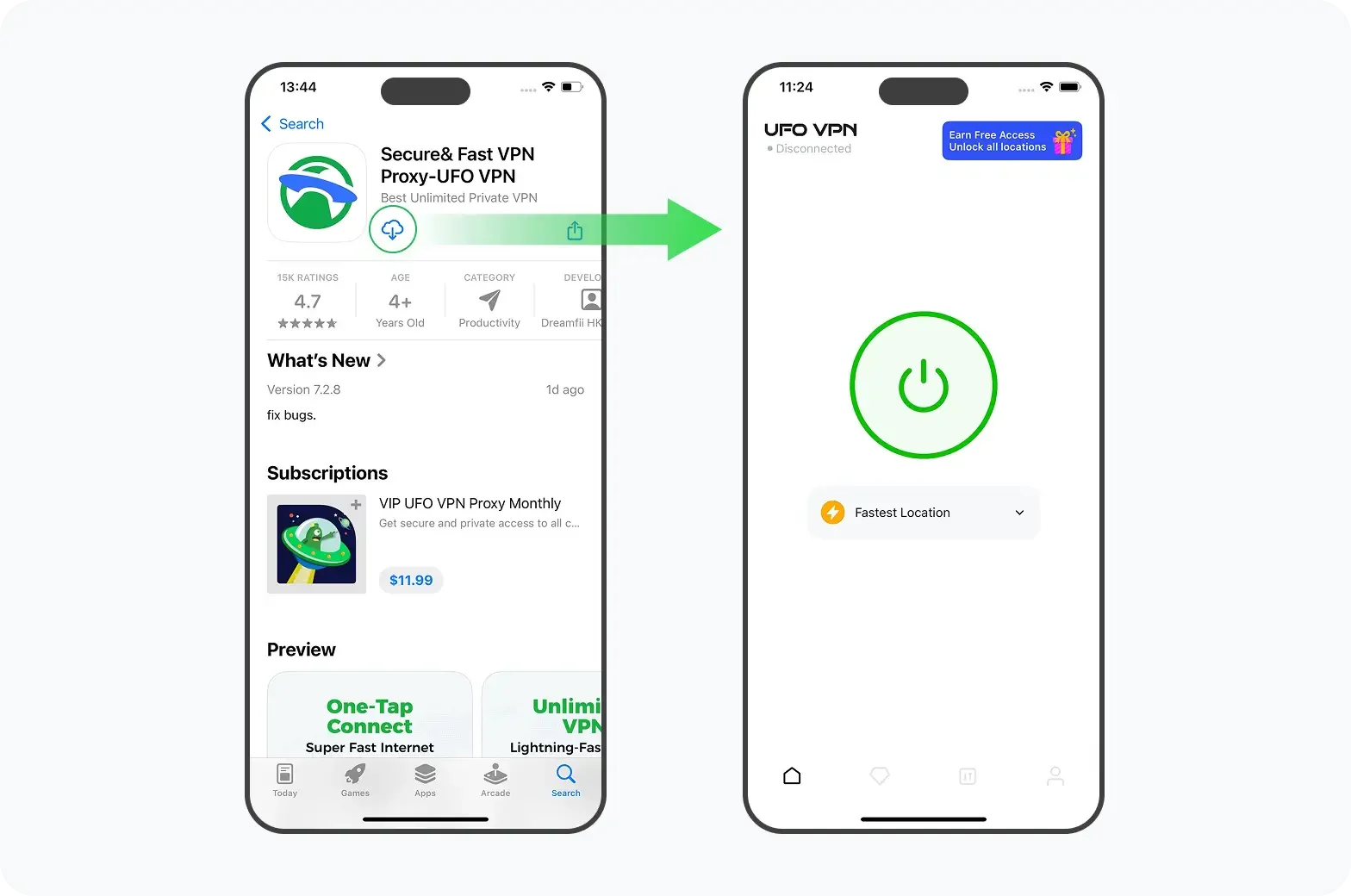
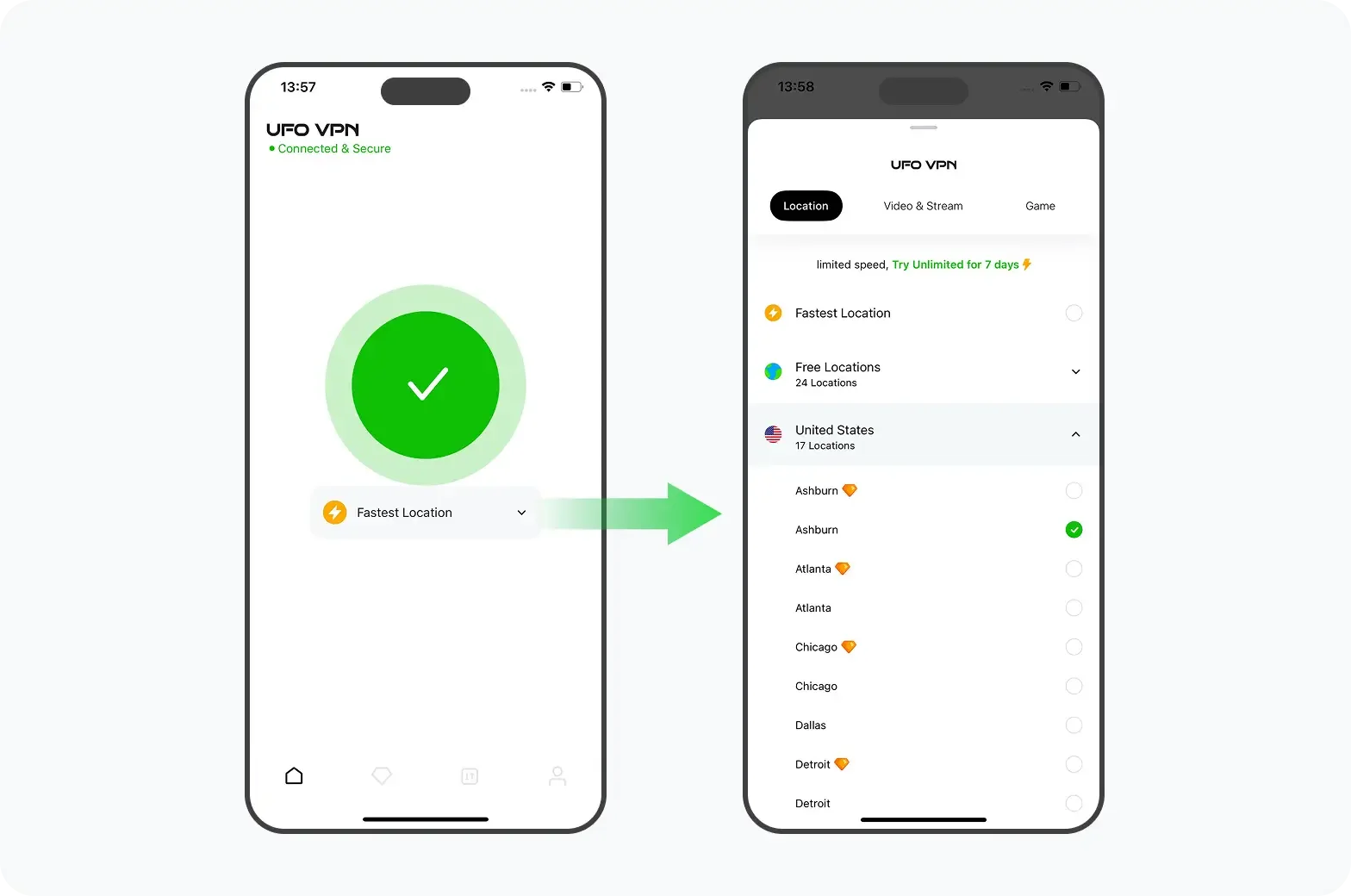
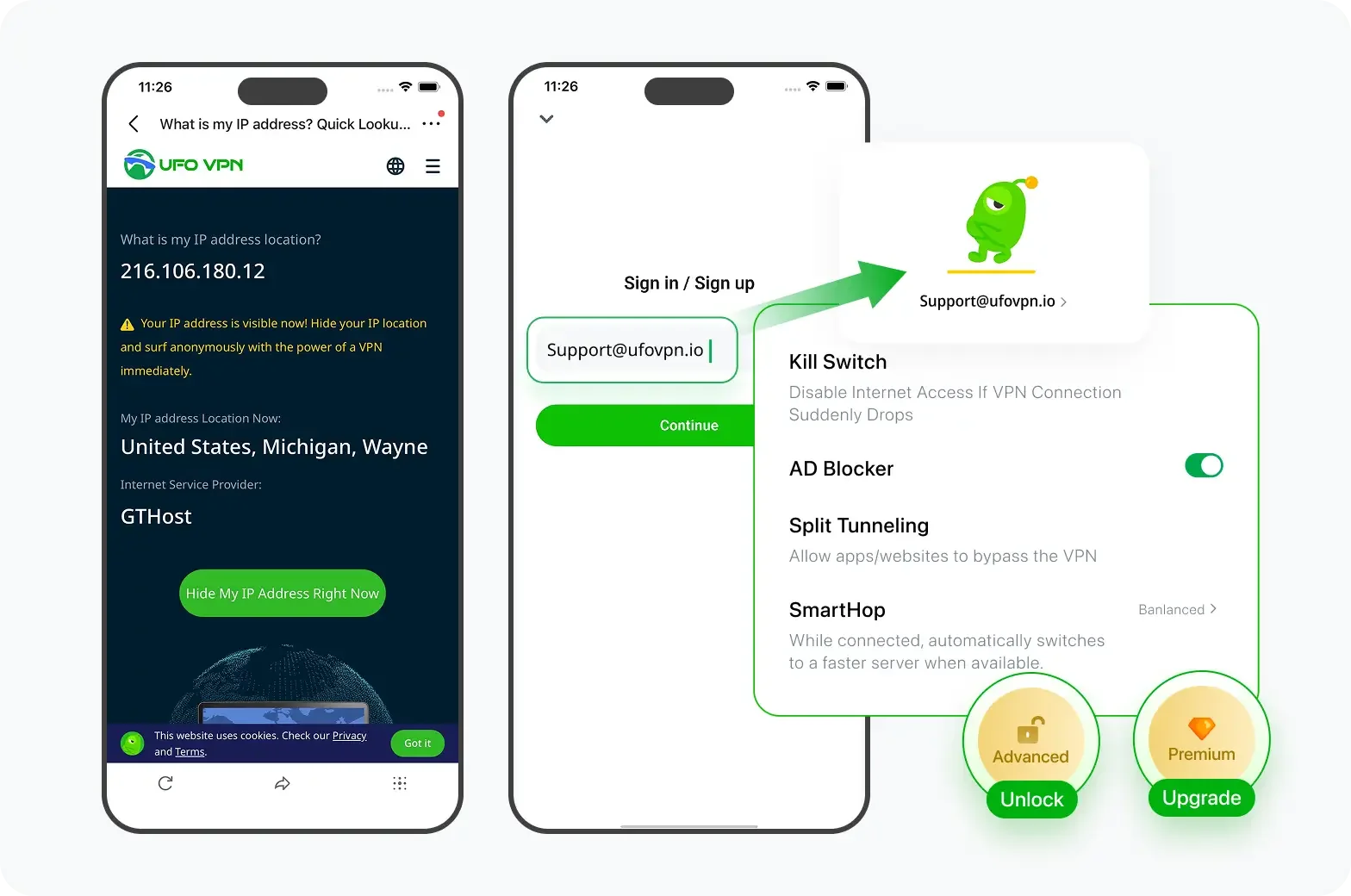
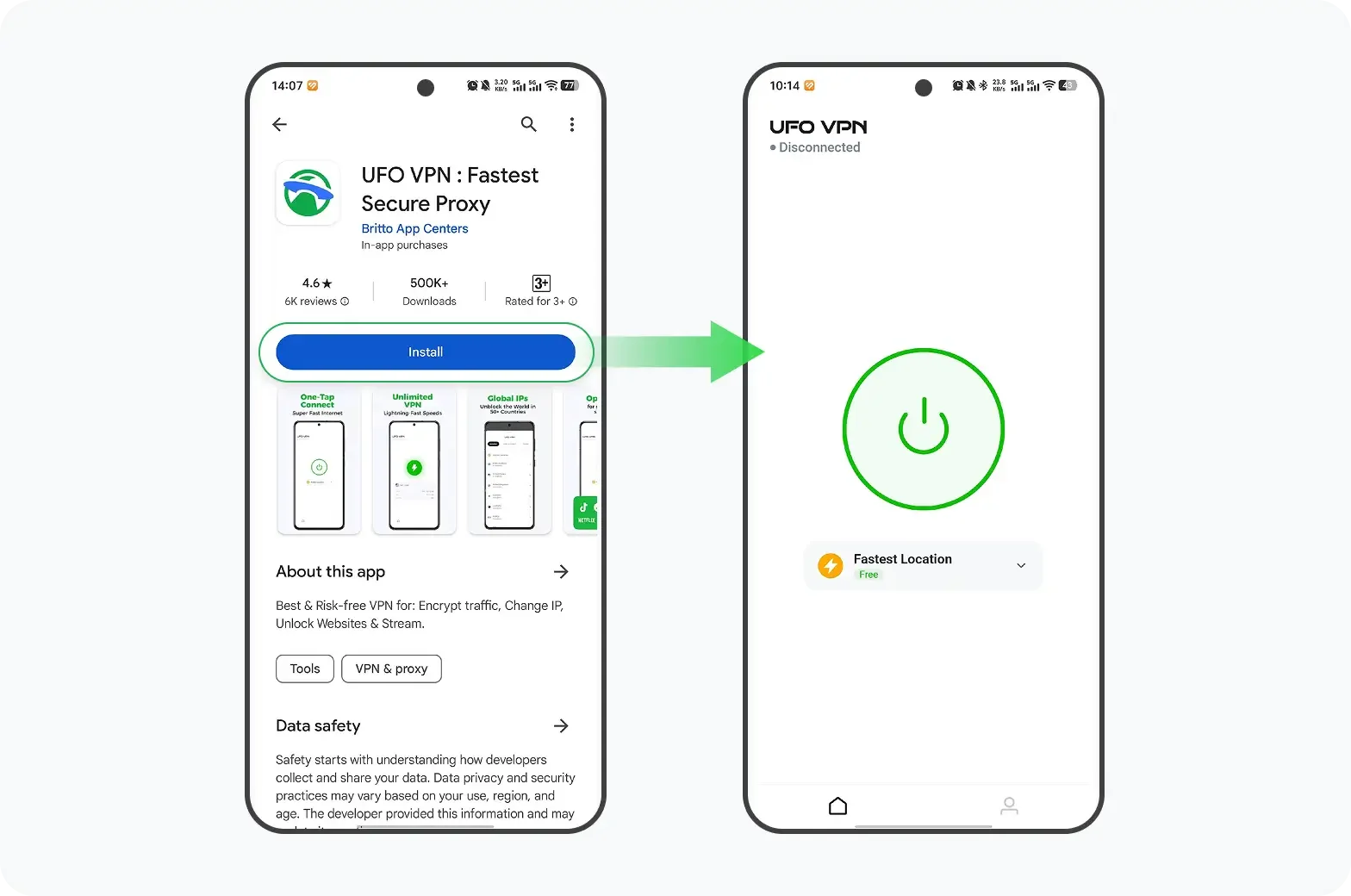
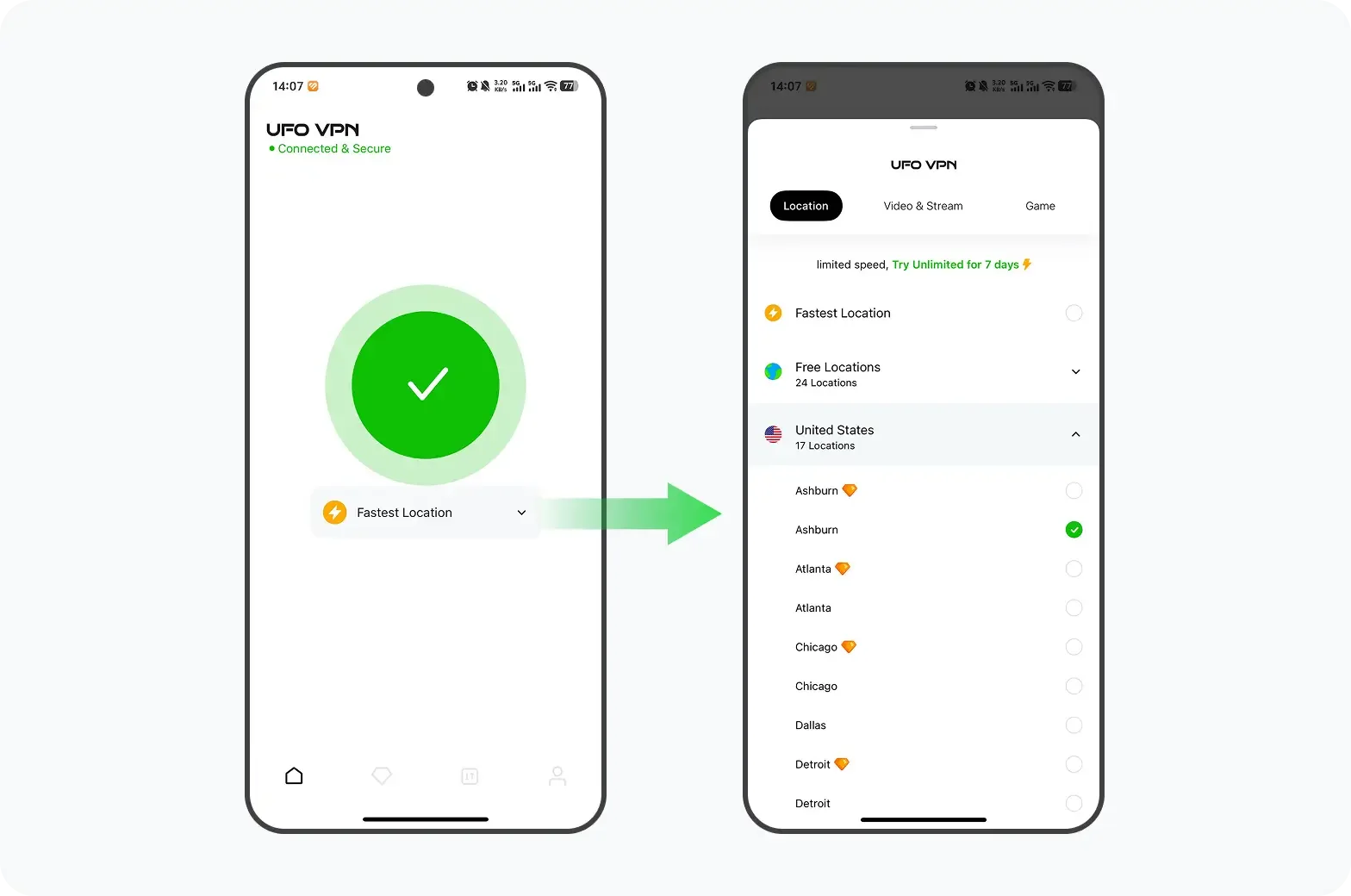
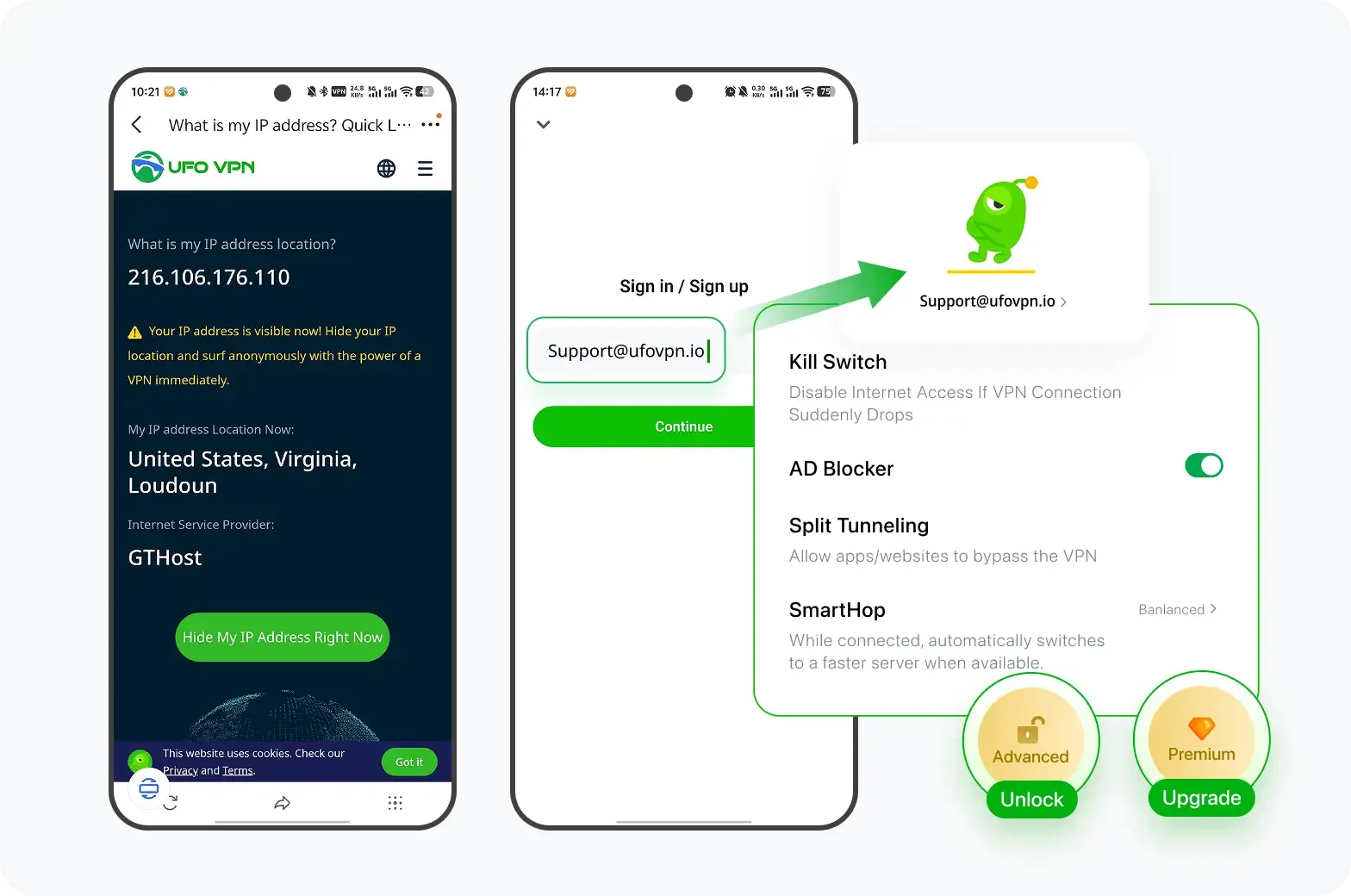
2. Monitor Traffic and Use Firewalls
One of the most effective ways to defend against DDoS attacks is by monitoring incoming traffic. Using firewalls and intrusion detection systems can help identify malicious traffic early on, enabling you to block or mitigate potential threats before they affect your network.
3. Rate Limiting
Implementing rate limiting is an effective technique for preventing DDoS attacks. By restricting the number of requests that can be made to your servers within a certain time frame, you can reduce the impact of traffic floods on your system.
4. Cloud-based Protection
Cloud-based DDoS protection services, such as Cloudflare or AWS Shield, can help mitigate the effects of large-scale attacks. These services detect and mitigate DDoS traffic in real time, ensuring your website or service remains operational during an attack.
Real-Life Examples of IP Booters in Action
Several high-profile DDoS attacks have been carried out using IP booters, causing widespread damage and disruptions:
-
vDOS: One of the most notorious examples of an IP booter in use was vDOS, which was responsible for over two million DDoS attacks. This tool was sold as a service and used to target organizations, resulting in millions of dollars in damages.
-
GitHub Attack: In 2018, GitHub was hit by a massive DDoS attack that was later linked to IP booters using a technique known as Memcached amplification. The attack caused disruptions but was mitigated in just 10 minutes thanks to proactive defense measures.
FAQs
What’s the difference between an IP stresser and an IP booter?
An IP stresser is a tool used for stress testing networks to assess their resilience, while an IP booter is a malicious tool used to launch DDoS attacks against third-party targets.
Can UFO VPN prevent DDoS attacks?
UFO VPN can help protect your network by masking your IP address and encrypting your internet connection, making it more difficult for attackers to target your system.
Are IP booters illegal?
Yes, using IP booters for DDoS attacks is illegal in many countries, including the U.S. and EU, and can result in severe penalties.
How do attackers hide their identity when using IP booters?
Attackers use proxy servers to mask their IP address and obscure their location, making it difficult to trace the source of the attack.

